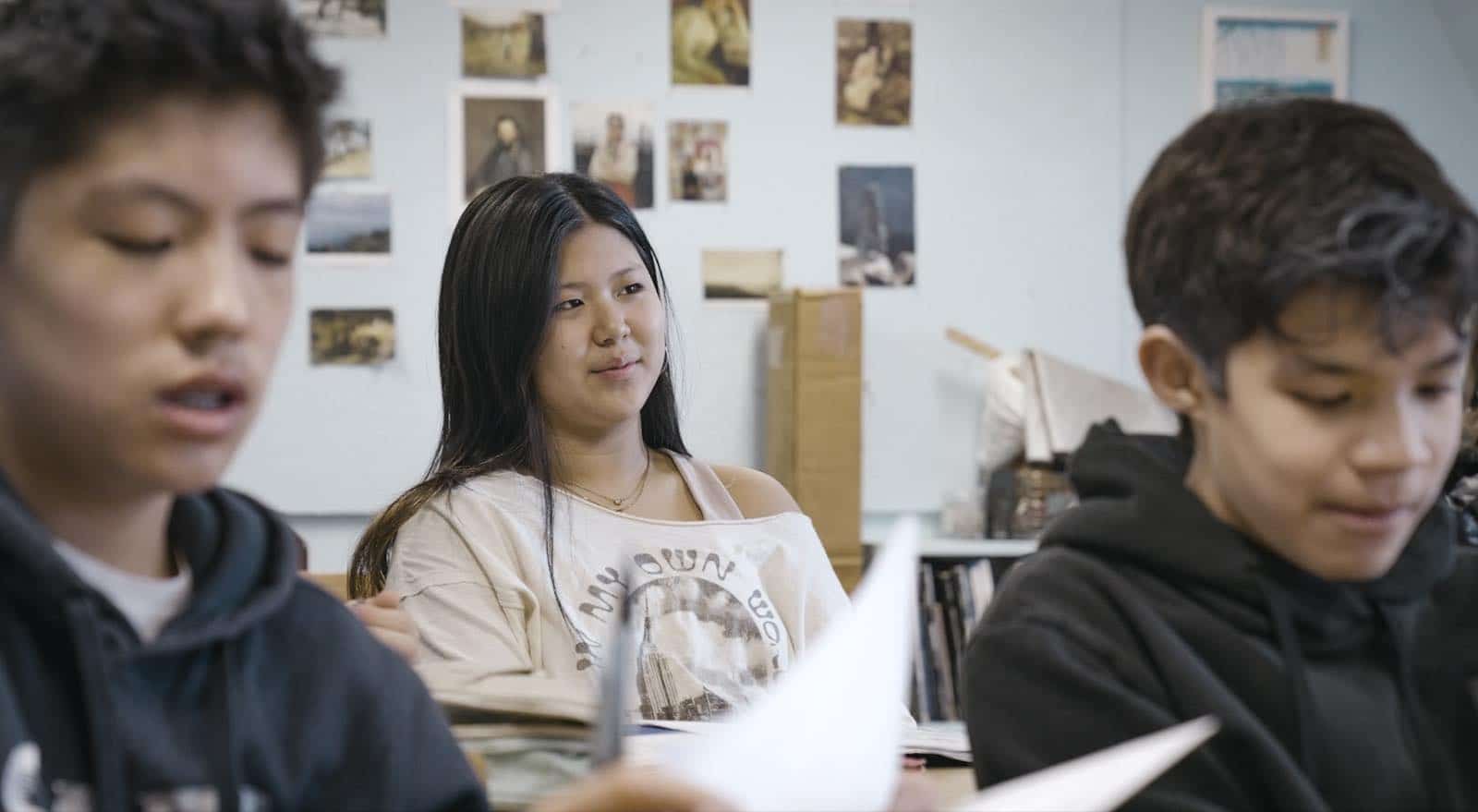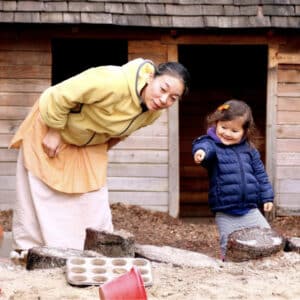EXPLOREWALDORFEDUCATION
Thinking about Waldorf Education for your child?
- Are you seeking a school that fosters a love of learning, where students look forward to coming to school each day?
- Is a classroom environment that encourages students to develop skills and capacities without fear, stress, or pressure to conform, important to you?
- Does a multi-disciplinary educational program that encourages well-rounded learning across all subject areas interest you?
- Is it essential to you that your child experience time outdoors and build a connection to the natural environment?
- Are you interested in a classroom environment that focuses on community and collaboration, where relationships are central to the educational experience?
- Does a curriculum that is designed to stimulate creative thinking and tend to social-emotional learning, over early use of digital technology, resonate for you as a parent?
What Waldorf Education is all about
We know that education is more than the acquisition of information, rigid academic curricula, and high stakes testing. In fact, the world is changing so rapidly that no one can predict what information our children will need to know in the future.
However, it is clear that intellectual flexibility, creative thinking, independent judgment, moral discernment, refined written and oral communication skills, and the ability to collaborate effectively will be essential to success in today’s ever changing, global community.
The Waldorf curriculum, pedagogy, and teaching methods are designed to nurture these capacities and more.


It is the goal of a Waldorf teacher to cultivate a sense of wonder and to inspire children to view the world, even in its most basic form, as magnificent—prompting each student to embrace life with enthusiasm, initiative, and purpose. These aims are met through an education that is rich with meaningful sense experiences, classical academics, and artistic beauty in all subject matters.
Whether our graduates become doctors, scientists, artists, or musicians, the capacities developed through a Waldorf education provide them with a foundation for success in whatever field they pursue.
Professors in various academic disciplines and in a wide range of colleges and universities who have had Waldorf graduates as students corroborate this.
They note that Waldorf graduates have the ability to integrate thinking, to assimilate information as opposed to memorizing isolated facts, are willing to take intellectual risks, and are leaders who take initiative.


Rudolf Steiner
"Enduring human relationships between students and their teachers and among the children themselves are at the heart of Waldorf education. The teacher’s task is to work with the developing individuality of each student and with each class as a whole within the context of the entire school."
Awsna news
Hawthorne Valley awarded $1.2 million grant
Hawthorne Valley Waldorf School has been awarded of $1.2 million from the New York State Energy Research and Development Authority (NYSERDA) to support its efforts to become a Net Positive organization and decarbonize its campus.
10 Education Research Articles in 2024
These education research articles published in 2024 highlight the benefits of methods used in Waldorf education.
10 Waldorf Schools in the News in 2024
These Waldorf schools were featured in local and national news in 2024 — highlighting newsworthy students, teachers and community events.
Our Schools





